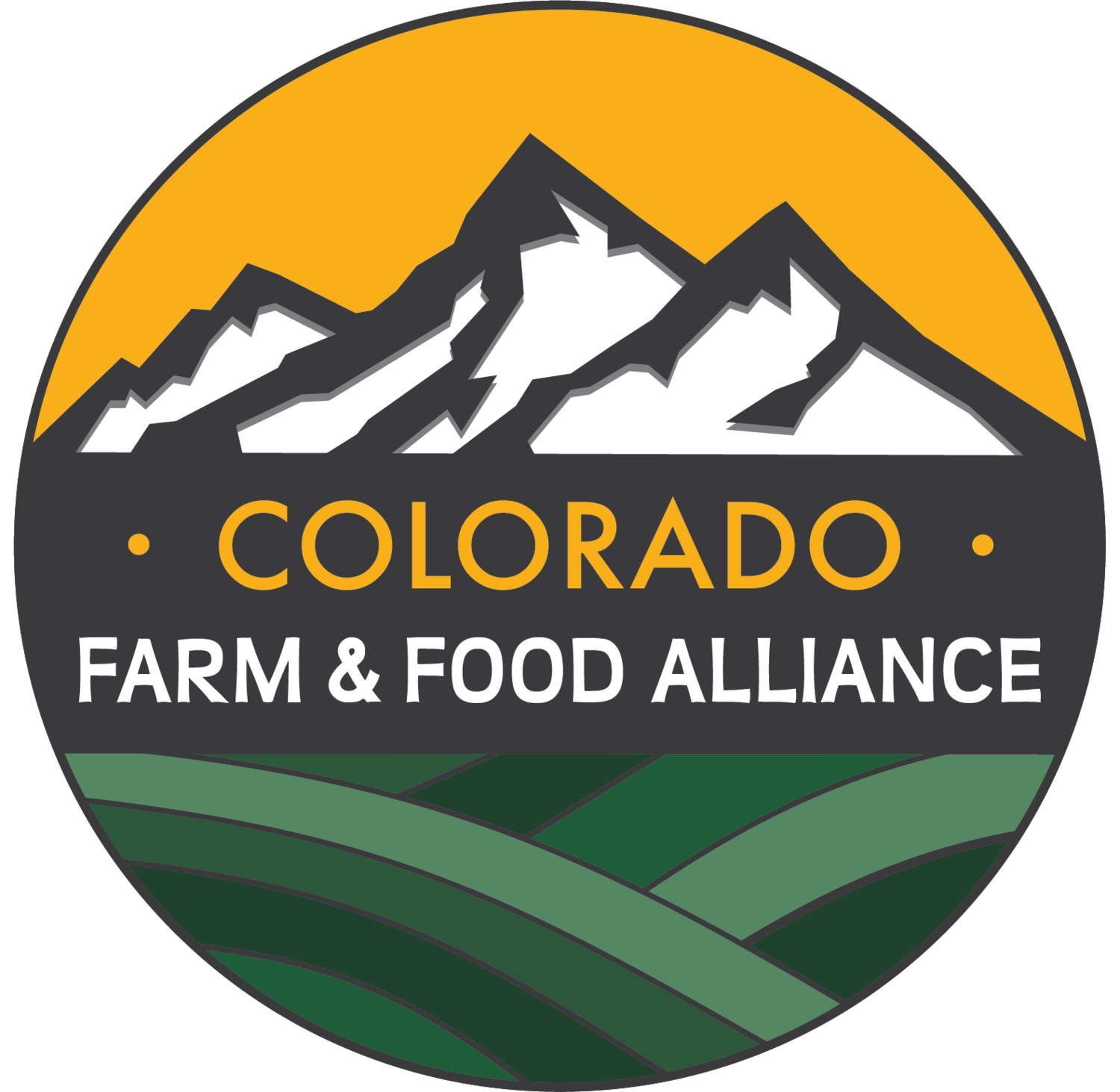North Fork Valley Cultivates Rural Leaders
For over a decade community members have traveled each year from the West Slope to Washington DC - and the impacts have been profound.
For the past 12 years, the North Fork Valley has stood out among small rural communities by consistently sending citizen delegations to Washington DC each spring. This annual tradition allows residents to share their perspectives and priorities on national issues with decision-makers and their staff. Over time, these trips have helped establish valuable relationships, ensuring that North Fork’s concerns are considered in federal decisions.
These delegations are unique and over time, they have comprised more than fifty individuals representing a diverse range of local businesses, organizations, and endeavors. Unlike the typical "fly-in" delegations from larger groups or bigger regions, North Fork’s delegations are self-led and include representatives from a range of groups, including nonprofits like the Colorado Farm & Food Alliance, Valley Organic Growers Association, and the Western Slope Conservation Center – the three groups leading the trips – plus Citizens for a Healthy Community, West Elks AVA, Solar Energy International and the Chamber of Commerce. Participants have also included representatives from the Town of Paonia, local ranches farms and wineries, a food author, a touring singer-songwriter, and business owners.
The genesis of these trips dates back to 2012, when long-time local activist – and CO Farm & Food Alliance founder - Pete Kolbenschlag wanted to put his experience with numerous traditional “fly ins” to bring the North Fork’s voices to DC. At the time the valley was fighting plans to expand oil and gas leasing in the region’s water supply area. The success of the initial trips helped to stop these ill-informed oil and gas plans. It also demonstrated the potency of this tactic - bringing locally-rooted leaders to DC to advocate for shared interests.
In subsequent years the delegations have focused on broader issues, such as rural renewables, climate change, and watershed health, along with presenting the “North Fork Alternative Plan” to protect the valley’s lannds and resources, and which is now back up for consideration by the Bureau of Land Management.
Each year, the delegations build on past efforts, to develop a broader narrative to keep decision-makers aware of their ongoing commitment to local issues. The long-term impact has been significant, as relationships and understanding have developed over time. This persistence has led to tangible outcomes, such as visits from elected leaders and high-level federal officials like the Secretary of the Interior and Bureau of Land Management leaders.
Both U.S. Senators from Colorado, Michael Bennet and John Hickenlooper have visited, and both have sent staff members out to the proposed community-solar agrivoltaic site at Thistle Whistle Farm. As Kolbenschlag reflects on the trips, he notes the unexpected long-term impact . He anticipated the immediate effects, but the enduring relationships and deeper understanding developed over the decade over time have been what he finds most significant.
The annual trips allow the delegation to focus on specific issues each year while revisiting overarching themes. For example, the latest delegation was able to discuss and add our support to efforts to designate the Dolores National Monument, talk about the Farm BIll, and address obstacles in implementing more community-solar like the Thistle Whistle project. Read the blog about the most recent March 2024 trip at this link.
Kolbenschlag emphasizes that these trips have positioned the North Fork Valley as a community demonstrating strong rural leadership. This commitment has cultivated a legacy of engagement and expertise, developing strong locally-rooted advocates. These trips prove that even small regions can be effective voices shaping national policy.
More than fifty individuals have participated over the years, gaining firsthand experience in the decision-making process and establishing connections with legislators, their staff, and federal agencies like the U.S. Bureau of Land Management and Department of Agriculture. These trips have also garnered media coverage, highlighting effective civic engagement with limited resources and creating a positive feedback loop fostering more advocacy.
Former delegate Alex Johnson, now coordinating efforts in Alaska’s Arctic and Interior Alaska Campaign for National Parks Conservation Association, identifies the barriers rural citizens face in DC advocacy, such as financial constraints and logistical challenges. Yet, the North Fork delegations have consistently surmounted those, while demonstrating the irreplaceable value of in-person advocacy by those directly impacted by federal decisions.
Over time, the North Fork Valley’s delegations to DC have shown a level of commitment that is rare among small communities. They have cultivated informed advocates, some of whom have gone on to professional careers, such as Alex Johnson, who reminisces that the experience “was a powerful experience that has shaped my advocacy career.”



